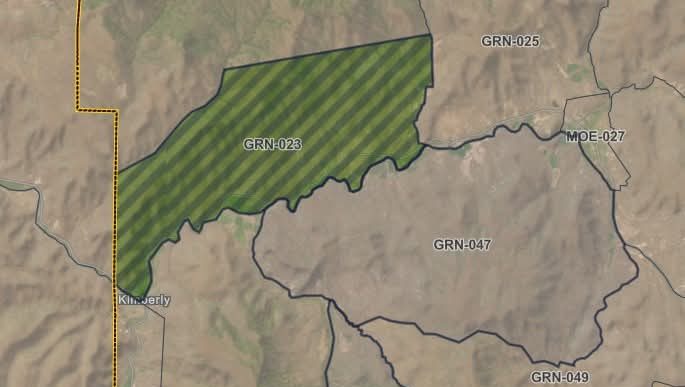Governor criticizes ODFW commission gillnetting decision
Published 1:08 pm Thursday, February 9, 2017
Capital Bureau
Trending
SALEM — Oregon Gov. Kate Brown Thursday expressed displeasure with the Oregon Fish and Wildlife Commission regarding its decision last month to diverge from an agreement with Washington to phase out use of gillnets along the lower Columbia River.
And she expects a reversal by April 3.
There is a longstanding conflict between recreational and commercial anglers over who gets to nab how much seasonal salmon in the area, and whether commercial fishermen can use gillnets, devices that trap fish by the gills and can yield large hauls.
Trending
The state’s sporting anglers generally oppose the practice, as have environmental groups, saying it doesn’t distinguish between wild and hatchery fish and urging the commission to limit gillnetting to the river’s side channels. Commercial fishermen along the coast have argued that disallowing gillnetting in the river is a threat to their livelihoods.
The commission decided by a 4-3 vote Jan. 20 to adopt an alternative plan that, rather than banning gillnetting altogether, would allow recreational anglers to capture 80 percent of spring and summer Chinook, which is protected by the Endangered Species Act. Commercial fishermen would be able to capture the remaining 20 percent and fish the main stem with tangle nets.
Recreational fishermen could harvest 66 percent of fall Chinook, and commercial fishermen 34 percent; for the fall Chinook, gillnetting would be permitted in Zones 4 and 5 and tangle nets in Zones 1, 2, and 3.
Brown called those rules “not acceptable.”
In a letter to Commission Chair Michael Finley, Brown asked the commission to comply with state policy and with an agreement with Washington, which voted in January to end gillnetting in the main channel in two years and increase recreational fishers’ portion of Chinook.
“Non-concurrence between the two states is unacceptable,” Brown wrote. “It will make enforcement complicated, confusing and untenable, and put at risk ongoing funding and bi-state cooperation necessary for fishery reforms.”
Brown said she expected the commission to adopt permanent rules in line with the previous bi-state agreement, which was initiated by former Gov. John Kitzhaber in 2012, by April 3.
Steve Fick, the owner of Fishhawk Fisheries, a fish processor in Astoria, called the governor’s position “ridiculous.”
“It appears she’s just totally wimping out to the sports interests,” Fick said from Salem. “She’s going against — clearly — what the law says.”
The commission meets Friday.









